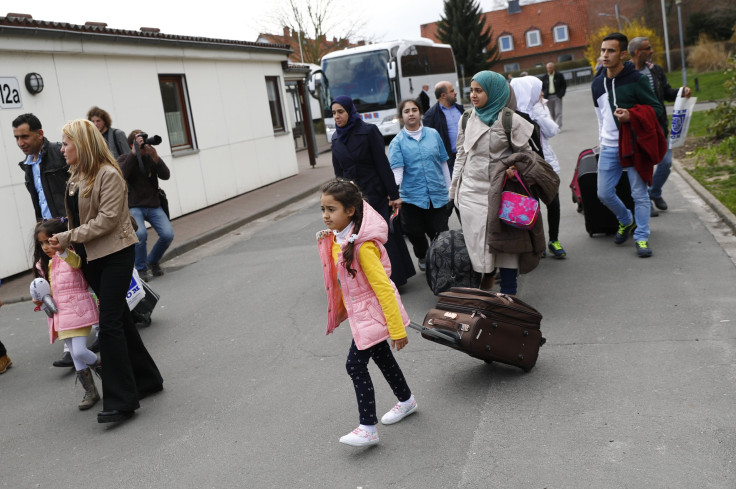Europe Refugee Crisis 2016: Germany Integration Law Called ‘Milestone,’ But Its Effectiveness Is Questioned

As Germany struggles to support its large refugee and asylum-seeker population, Chancellor Angela Merkel said Wednesday a new package of measures to help integrate refugees was a “milestone” — despite arguments against the measures from organizations working with refugees.
“I think it is a milestone that the government has agreed [to] an integration law,” Merkel said, Deutsche-Welle reported.
The law will regulate the support refugees receive by making integration courses mandatory. If the courses are skipped, refugees will see a cut to their social benefits. In order to obtain a residency permit, asylum-seekers will have to demonstrate knowledge of the German language and earn a salary to support themselves. The government has said the law will also help refugees gain access to the German workforce.
“In a few years, this law will be seen as a first step toward an immigration law,” said Vice Chancellor Sigmar Gabriel. “If you make an effort, something will become of you.”
Merkel has maintained an open-arms refugee policy welcoming Syrians fleeing their country’s civil war. Critics of the bill argue it places too many demands on refugees and could be counterproductive. A group of refugee organizations, academics and writers sent a letter to Interior Minister Thomas de Maiziere earlier in the week criticizing the law, arguing that “overall, it is not suited to guaranteeing the early integration of those seeking protection in Germany.”
More than a million refugees arrived to Germany last year fleeing conflicts and repressive states — most from Syria, Iraq or Afghanistan. Approximately 191,134 refugees have entered Europe so far in 2016 after making the dangerous crossing of the Mediterranean Sea. An estimated 1,370 people have died en route, the International Organization for Migration reported.
The law comes as Germany’s Development Minister Gerd Müller said the European Union’s response to the refugee crisis was still lacking and needs greater financial support.
“We need to respond to this with new instruments, and my proposal regarding the refugee crisis is that 10 percent of the EU budget be shifted in order to respond to this crisis,” said Müller, the Guardian reported.
© Copyright IBTimes 2024. All rights reserved.












